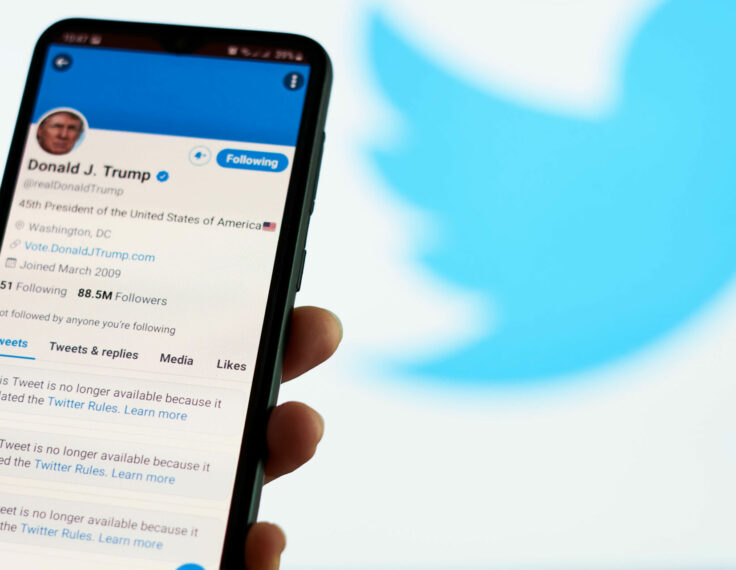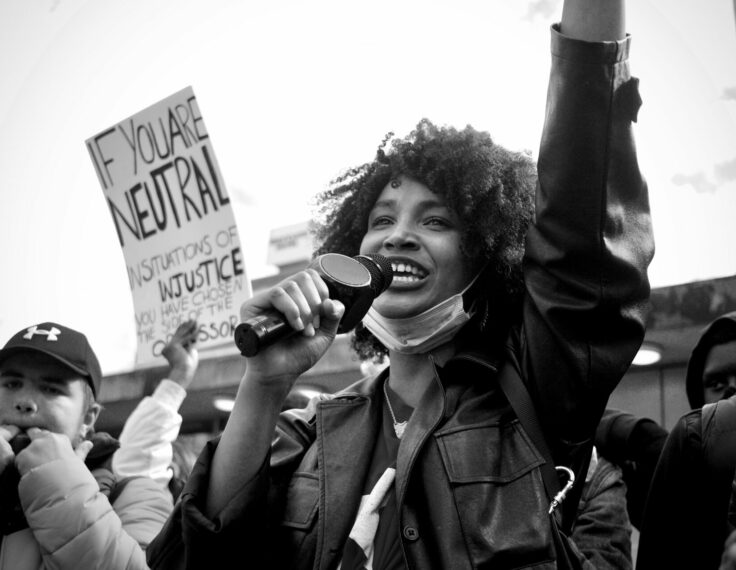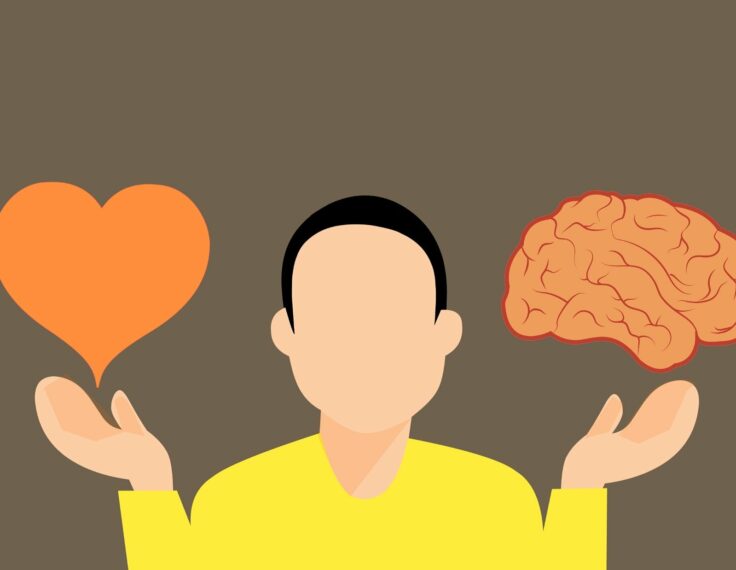
The battleground of COVID-19 vaccine misinformation on Facebook: Fact checkers vs. misinformation spreaders
Aimei Yang, Jieun Shin, Alvin Zhou, Ke M. Huang-Isherwood, Eugene Lee, Chuqing Dong, Hye Min Kim, Yafei Zhang, Jingyi Sun, Yiqi Li, Yuanfeixue Nan, Lichen Zhen and Wenlin Liu
Our study examines Facebook posts containing nine prominent COVID-19 vaccine misinformation topics that circulated on the platform between March 1st, 2020 and March 1st, 2021. We first identify misinformation spreaders and fact checkers,1fact checker in our study is defined as any public account (including both individual and organizational accounts) that posts factual information about COVID-19 vaccine or posts debunking information about COVID-19 vaccine misinformation.

Twitter flagged Donald Trump’s tweets with election misinformation: They continued to spread both on and off the platform
Zeve Sanderson, Megan A. Brown, Richard Bonneau, Jonathan Nagler and Joshua A. Tucker
We analyze the spread of Donald Trump’s tweets that were flagged by Twitter using two intervention strategies—attaching a warning label and blocking engagement with the tweet entirely. We find that while blocking engagement on certain tweets limited their diffusion, messages we examined with warning labels spread further on Twitter than those without labels.

Critical disinformation studies: History, power, and politics
Rachel Kuo and Alice Marwick
This essay advocates a critical approach to disinformation research that is grounded in history, culture, and politics, and centers questions of power and inequality. In the United States, identity, particularly race, plays a key role in the messages and strategies of disinformation producers and who disinformation and misinformation resonates with.

Happiness and surprise are associated with worse truth discernment of COVID-19 headlines among social media users in Nigeria
Leah R. Rosenzweig, Bence Bago, Adam J. Berinsky and David G. Rand
Do emotions we experience after reading headlines help us discern true from false information or cloud our judgement? Understanding whether emotions are associated with distinguishing truth from fiction and sharing information has implications for interventions designed to curb the spread of misinformation.

Research note: Examining potential bias in large-scale censored data
Jennifer Allen, Markus Mobius, David M. Rothschild and Duncan J. Watts
We examine potential bias in Facebook’s 10-trillion cell URLs dataset, consisting of URLs shared on its platform and their engagement metrics. Despite the unprecedented size of the dataset, it was altered to protect user privacy in two ways: 1) by adding differentially private noise to engagement counts, and 2) by censoring the data with a 100-public-share threshold for a URL’s inclusion.
